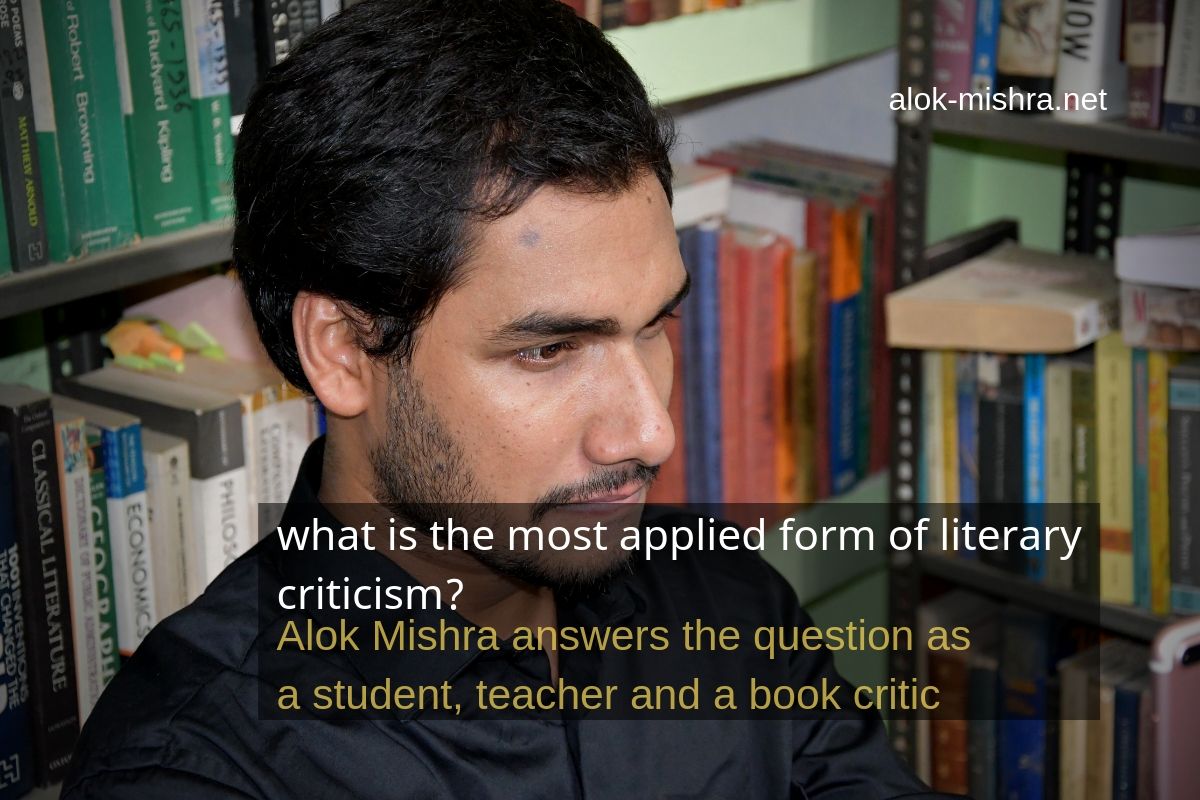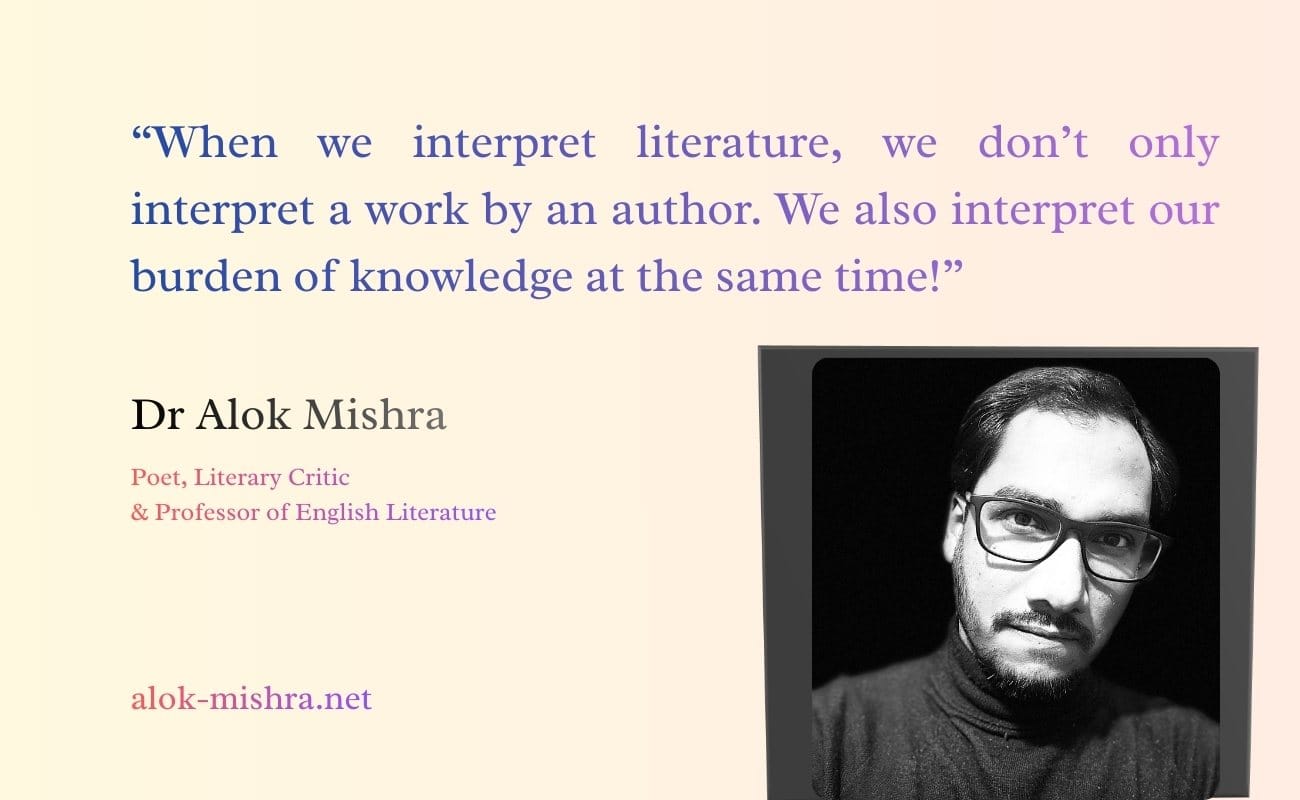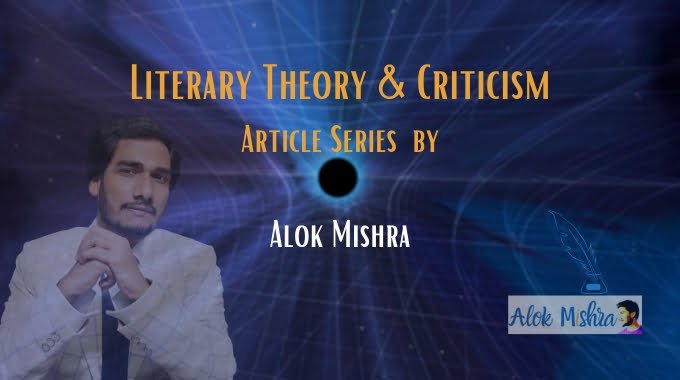Why do we read, after all? What are we looking for? What do we try…
What form of literary criticism do we mostly use? Close reading method!
As a student of literature in the classroom, as a teacher of literature and also as a book critic, there is one common thing that I have always been doing – practising literary criticism. A student has to attempt a critical explanation, appreciation or analysis of given lines, extracts or stanzas. As a teacher (whatever position you are occupying – a professor, a tutor or an independent teacher), you have to analyse a literary text before you can actually teach that to your students. Likewise, as a book critic, one has to go through volumes to find the critical highs and lows. So, my business with words has always been landing me on a plain where I have to indulge in the practice of literary criticism again and again. The question that many students and friends have asked me is what form of literary criticism is the most applicable form from a student’s and a professor’s point of view. Well, the one-line answer is – it’s always a practical form of criticism with the close reading method that works the best.

There are many schools of literary criticism that have been opened and shut by scholars and experts. Some of them (like Roland Barthes) have been lucky enough to be associated with more than one schools. However, many of these schools of thoughts (literary) are good enough for theories’ sake but when it comes to practicality, nothing stands the ground better than the age-old and well-accepted form called close-reading method. Close-reading method of literary criticism shuns everything else and there are only two things – the text and the reader. It is applicable in most of the cases because a student is not given the Marxist point of view (historical background) in the examination with the given body of text to analyse and explain. A professor does not have time to go through the entire life and minute details of a biography when a student appears from nowhere and throws some lines toward him. Likewise, a book critic has to analyse the given work – not the worker. Is there even a possibility to go into the ‘subconscious’ of the text? Yes, you can find the hiatus and loopholes in a book’s narrative, but how long and how deep?
Many other forms of literary criticism only work better when there is a need for them to work. If there is a strict demand that one should only present a structuralist or deconstructionist analysis of a given text, that has to work – whether it works or not! I personally believe that methods other than close reading are merely issue of one’s ego – one has to find something different! Yes, a writer thinks of many things while writing a work; however, the prime focus is ‘writing’ and not ‘means of writing’. Close reading method of literary criticism associates itself with ‘writing’ and only touches the ‘means of writing’ while almost all other methods focus on ‘means of writing’ more than ‘writing’. Is it justified? Ask yourself and you will understand why the world opts for practical criticism with close reading rather than beating around the bush with theories and confusions associated with them.
Read more articles related to this one:
Structuralism theory in literature
Deconstruction theory in literature – examples



I agree with the idea Alok. Most of us only apply the general and critical reading options on the texts we read. Deconstruction and other methods are there in theory but too difficult to put into general practice.
Very informative and useful article. As a reader and student of literature, even I feel the same. Close reading is the best and the simplest method that I feel the mostly usable method of literary criticism that we use in our day to day life.
Thanks, Jyoti! The point here is about what we think of instantly and when it’s about instant reaction, close reading is the method that I can think about!